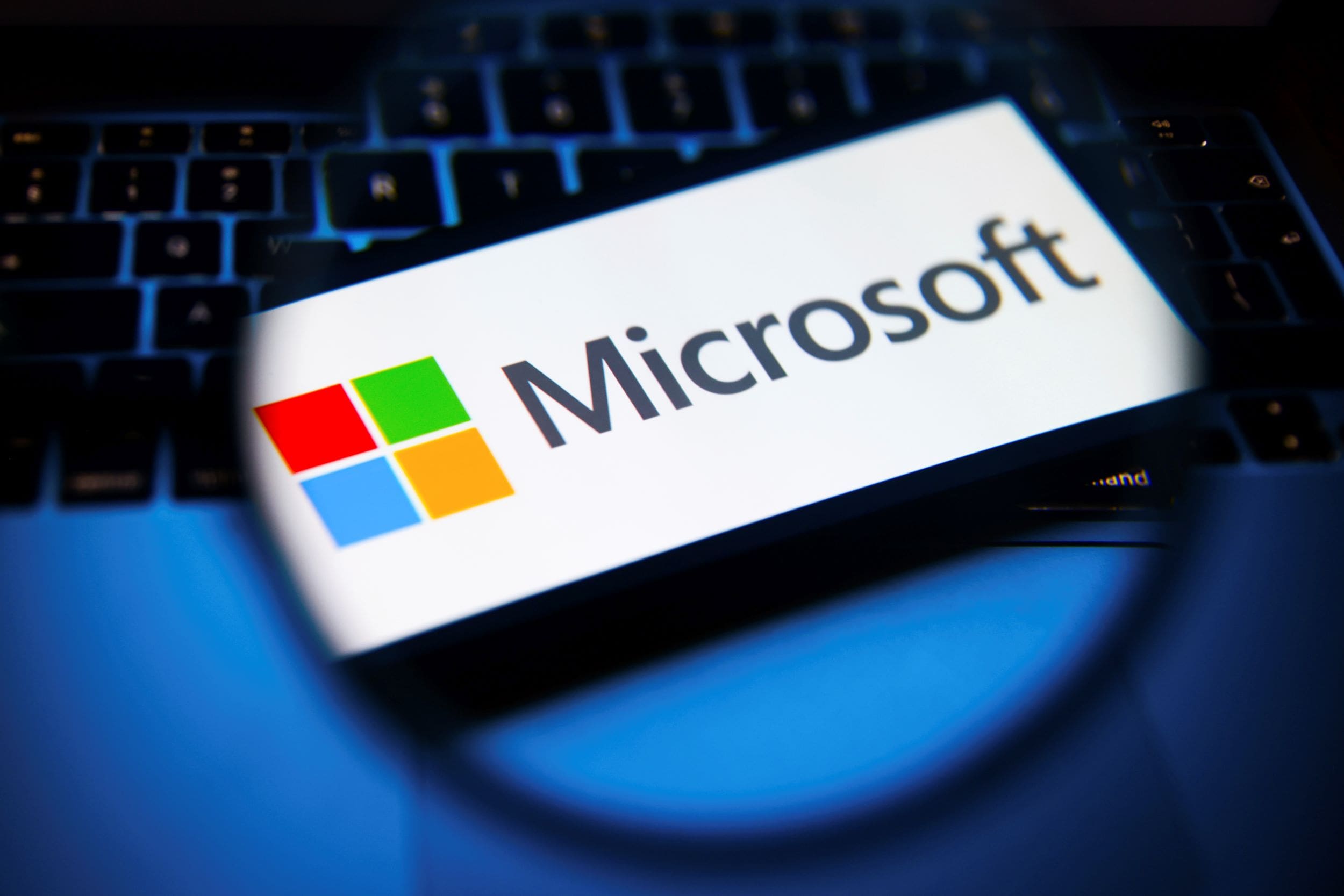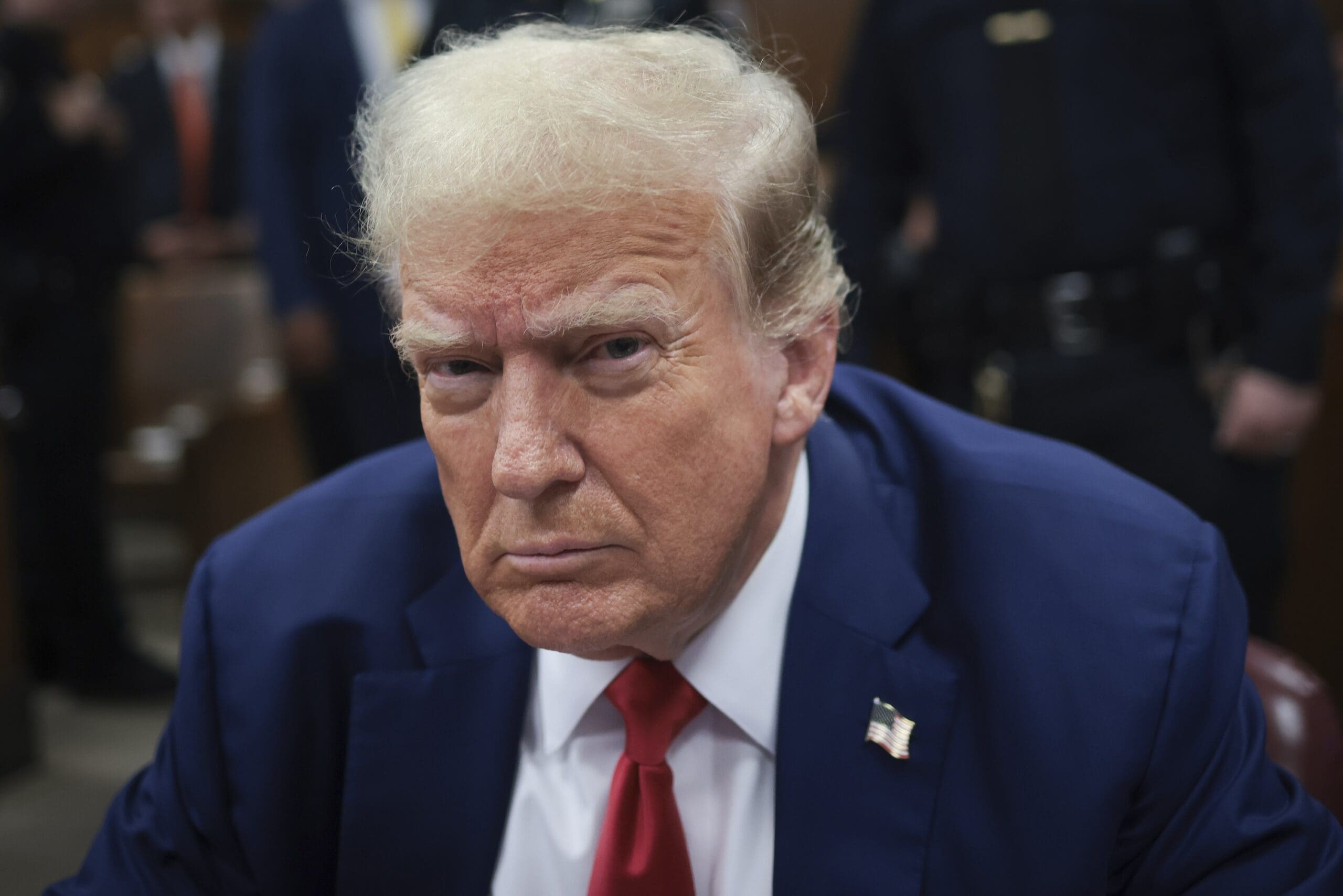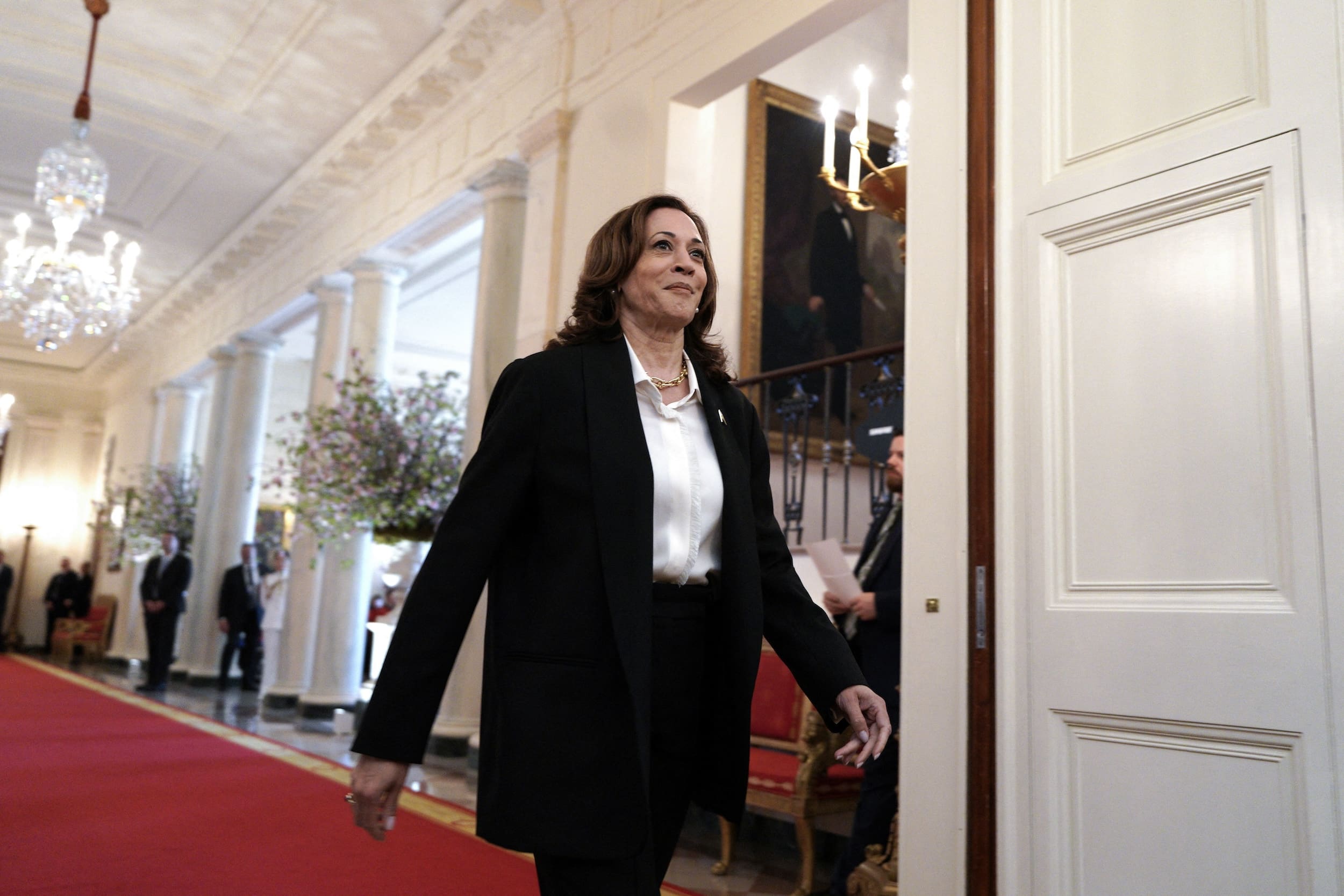Wisconsin tech hub projects selected for funding by Biden administration
The Wisconsin Biotech Hub consortium plans to use awarded funds for research in biotechnology and personalized medicine.

The U.S. Department of Commerce announced on Oct. 23 that it had designated Wisconsin the location of one of 31 new regional tech hubs across the country. The department announced that two other projects with regional connections to Wisconsin had also received a designation.
The decision will allow the designated hubs to apply for between $40 million and $70 million in funding from the federal government as part of President Joe Biden’s Investing in America agenda. The funding will be allocated under the CHIPS and Science Act, which Biden signed into law in August 2022.
“These hubs all around the country will bring together private industry, higher education, state and local governments, Tribes, and organized labor,” Biden said on Oct. 23 in remarks at the White House announcing the designation. “For example, a tech hub in Wisconsin is going to bring together research labs, medical device manufacturers, and engineers. They’re going to build technology that supports personalized medicine, like tests, treatments, and therapies specifically tailored to a patient’s genetic code and medical records. And I believe it’s going to save a lot of lives in the long run.”
The CHIPS and Science Act contains $39 billion in tax incentives meant to help expand the U.S. semiconductor industry. The law also put aside $13.2 billion in funding for domestic research into semiconductors and for workforce development related to the industry.
The Wisconsin Biotech Hub consortium plans to use awarded funds for research in biotechnology and personalized medicine, which is the use of genetic profiles to customize the diagnosis, prevention, and medical treatment of diseases. The consortium is a group of 15 businesses, educational institutions, and nonprofit organizations based in Wisconsin.
Democratic Gov. Tony Evers praised the decision and said in a statement that it would lead to “high-paying jobs and economic growth for our state, as well as innovations that will transform the future of medical care for people in Wisconsin and around the world.”
Also expressing support was Democratic U.S. Sen. Tammy Baldwin, who backed the CHIPS and Science Act when it was under consideration in the Senate.
“With world class research institutions, a strong pipeline of talent, and cutting-edge Made in Wisconsin manufacturing, our state is well positioned to drive innovation in biohealth and personalized medicine,” Baldwin said in a release.
According to the department, two other hubs that received official designations will also benefit Wisconsin by spurring regional innovation that results in job creation. They are the Bloch Tech Hub, based in Chicago, which is focused on quantum computing and communications, and Minnesota MedTech Hub 3.0, focused on smart medical technologies.
While Baldwin and the other Democratic members of Wisconsin’s congressional delegation backed the CHIPS and Science Act along with a bipartisan majority in both the House and the Senate, it was opposed by the state’s Republican legislators. Sen. Ron Johnson described the bill as “corporate welfare to the semiconductor industry” in a July 2022 statement explaining his vote against the legislation.Eric Hovde, a real estate developer who unsuccessfully ran for the Senate in 2012, has been discussed as a potential challenger to Baldwin in the 2024 election. In an August 2022 radio interview, he announced his opposition to the bill, describing it as “corporate welfare.”




